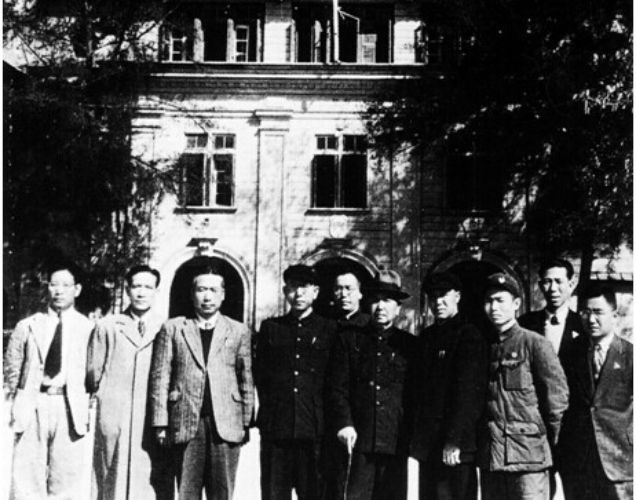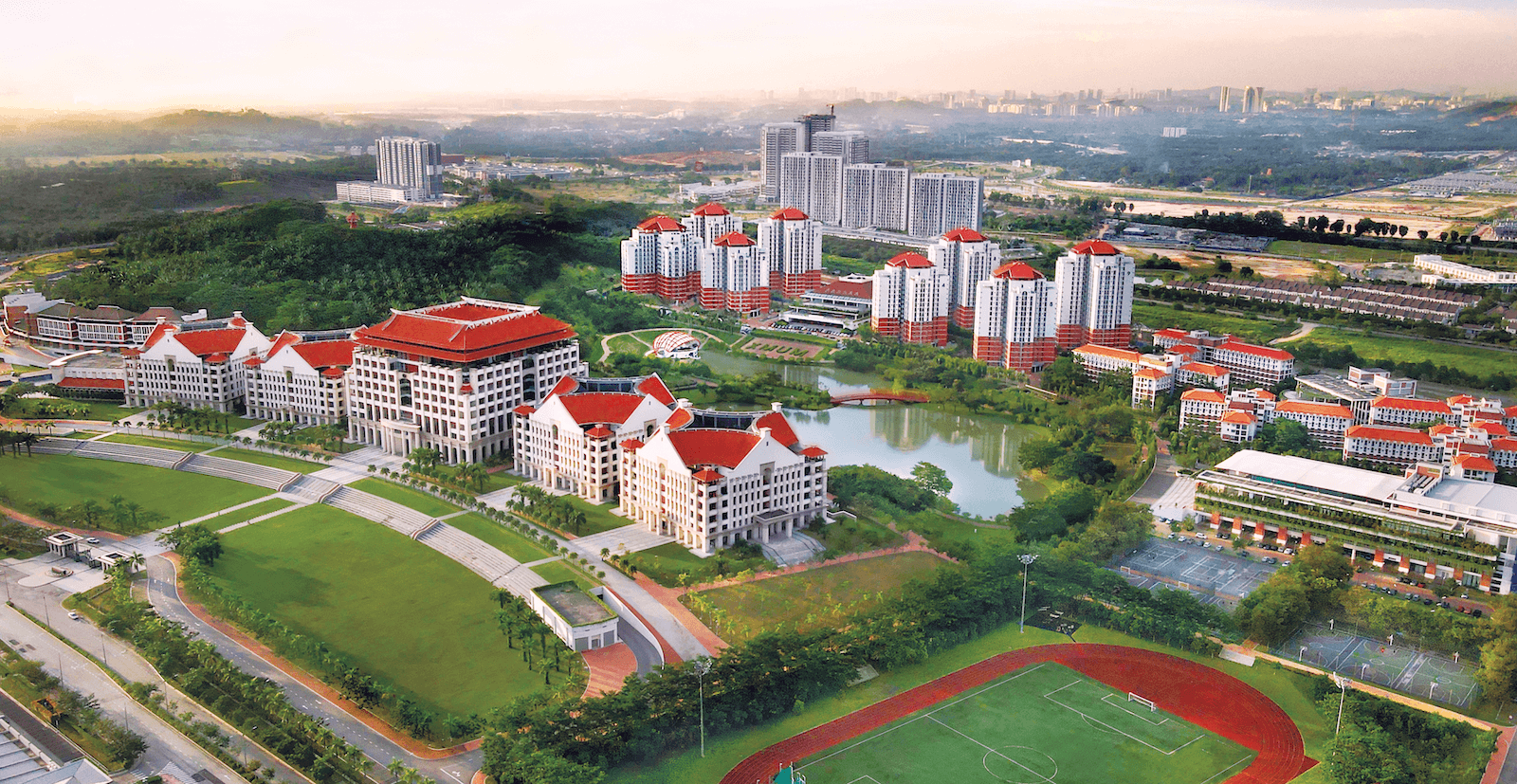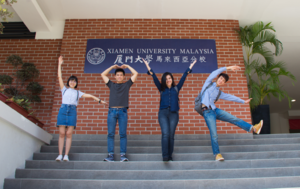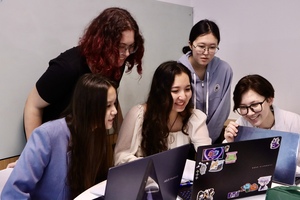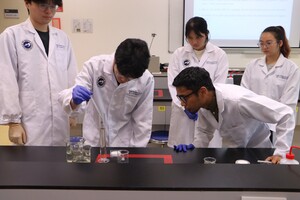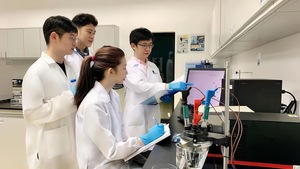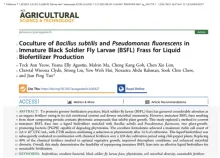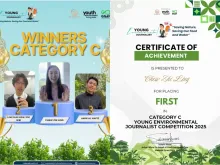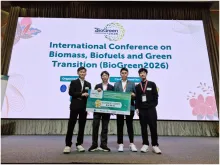Prof. Ir. Dr. Yong Wai Fen and Chemical Engineering Student Spotlight on Carbon Capture Science & Technology
The Research and Postgraduate Centre congratulates Teh Jun Yi and Prof. Ir. Dr. Yong Wai Fen from the School of Energy and Chemical Engineering on their recent review article published in Carbon Capture Science & Technology (CCST), an official publication of the Institution of Chemical Engineers journal with the latest impact factor of 10.4.
Remarkably, their work has been selected as the inside front cover design.
Teh Jun Yi is an undergraduate student in Chemical Engineering programme who conducted his final year project under the supervision of Prof. Ir. Dr. Yong Wai Fen.
Entitled “Recent advances in H2 purification and CO2 capture: Evolving from flat sheet to hollow fiber membranes”, this review provides an in-depth exploration of innovative modification strategies designed to overcome these challenges in glassy polymeric membranes and enhance H2 separation performance in the recent 10 years. It also explores different types of hollow fiber membranes, including single layer, dual-layer, and TFC, alongside fabrication techniques like interfacial polymerization and dip-coating. Furthermore, the review spotlights break-throughs in H2/CO2, H2/CH4, and H2/N2 separation technologies, emphasizing the critical need for continued innovation to drive sustainable H2 production and meet the growing clean energy demand.
The authors would like to appreciate the financial support from National Natural Science Foundation of China(Grant Number: 22108118), State Key Laboratory of Physical Chemistry of Solid Surfaces, Xiamen University (Grant Number: 2024X32), Xiamen University Malaysia Research Fund (Grant Number: XMUMRF/2024-C14/IENG/0073), and Hengyuan International Sdn. Bhd. (Grant Number: EENG/0003).
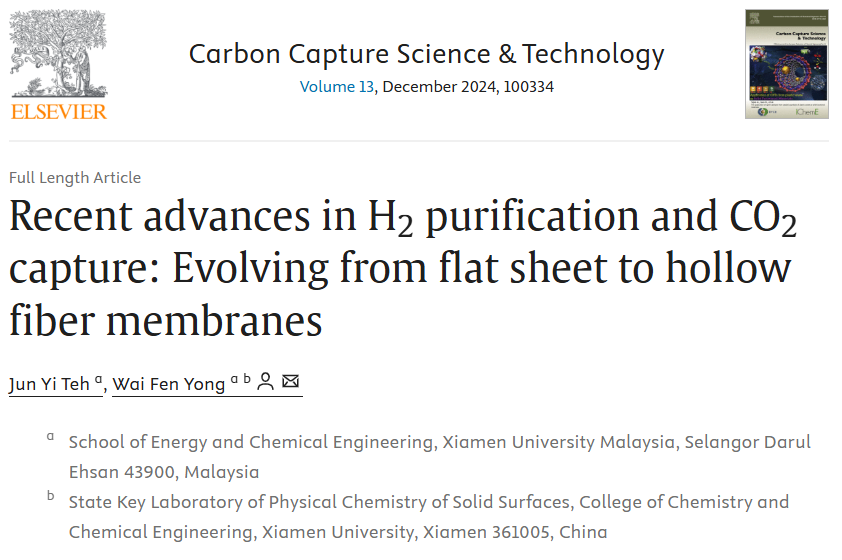
The article can be accessed at https://doi.org/10.1016/j.ccst.2024.100334.
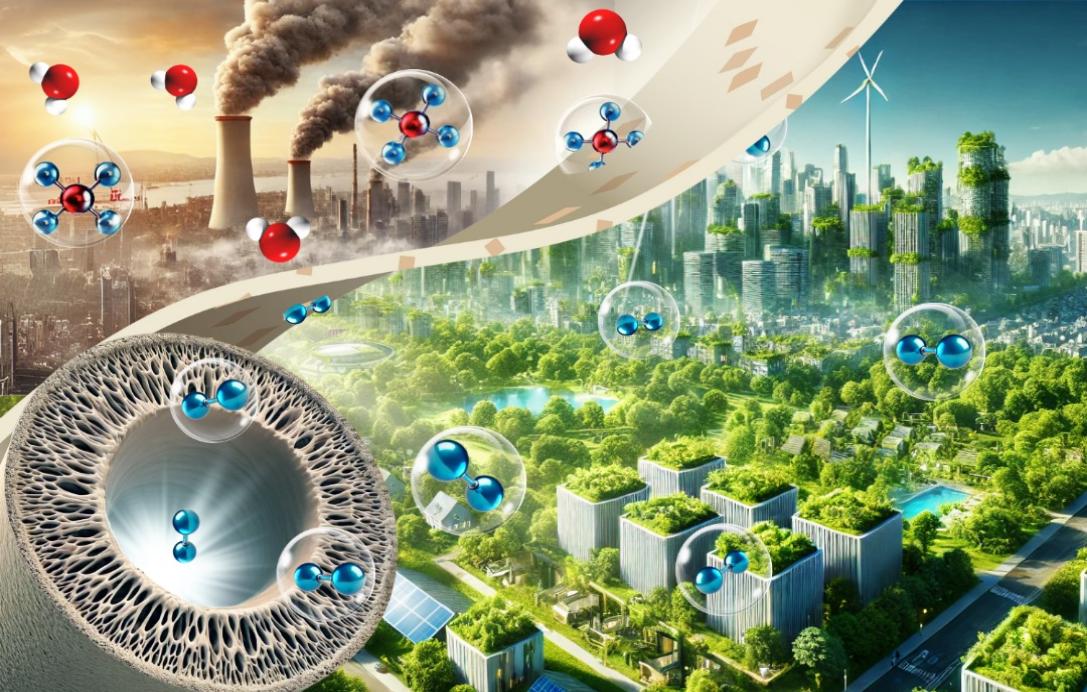
An illustration of membrane technologies, including flat sheet dense membranes and hollow fiber membranes, designed for H2 separation and CO2 capture, highlighting their contribution to a more sustainable and greener future.
The cover can be accessed at https://www.sciencedirect.com/science/article/pii/S2772656824001611.
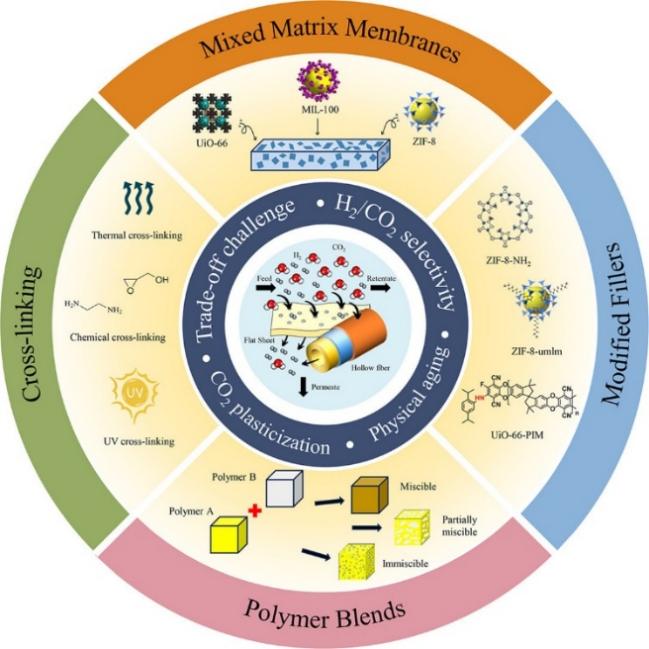
This work presents a comprehensive exploration of the latest modification strategies in membrane technologies, focusing on addressing challenges in gas separation applications.
Image
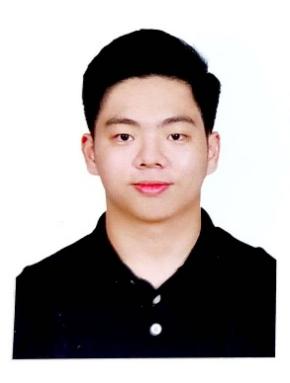
| Teh Jun Yi: “I am honored to contribut to this review paper in Carbon Capture Science & Technology and design the front cover page. This experience deepened my research interest, particularly in membrane technology for carbon capture and hydrogen purification applications. I extend my heartfelt gratitude to my supervisor, Prof. Ir. Dr. Yong Wai Fen, for her invaluable guidance and collaboration throughout this journey. The study highlights innovative strategies for flat sheet and hollow fiber membranes, addressing key challenges in gas separation. I hope this work inspires advancements and supports the industrial scaling of these technologies.” |
Image
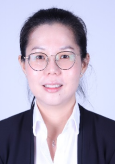
| Ir. Dr. Yong Wai Fen is a Professor and Head of Programmes (Master of Science and Doctor of Philosophy in Chemical Engineering) at School of Energy and Chemical Engineering, Xiamen University Malaysia. Her groundbreaking research on sustainable, green materials, and membrane separation and purification technologies has earned her numerous prestigious allocates, including recognition as one of the World’s Top 2% Scientists for 2023-2024 by Stanford University. She has also received 2024 ISPT Distinguished Women Scientist Award, 2024 IChemE & CCST Young Investigator Award, 2024 RINENG Young Investigator Award, 2016 Green Talents award and being named among the Top 50 Outstanding Green Talents alumni by the German Federal Ministry of Education and Research (BMBF). |

